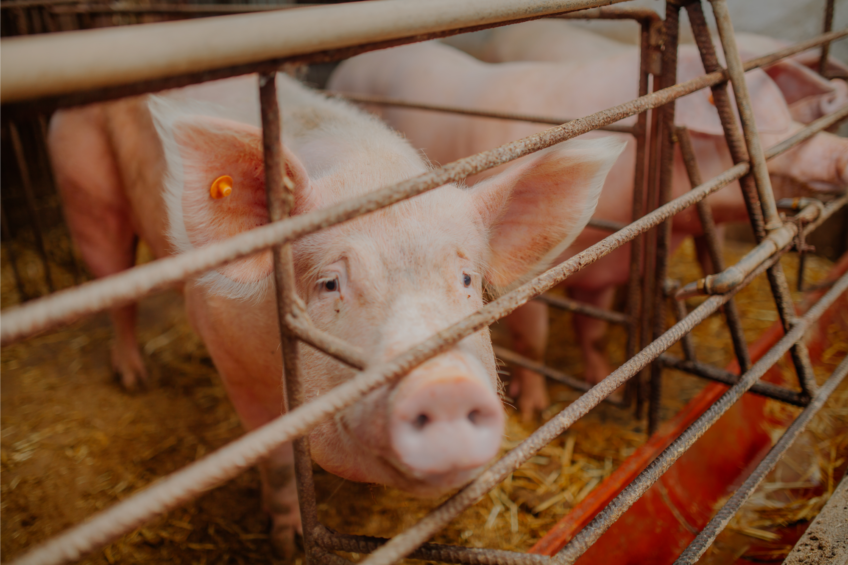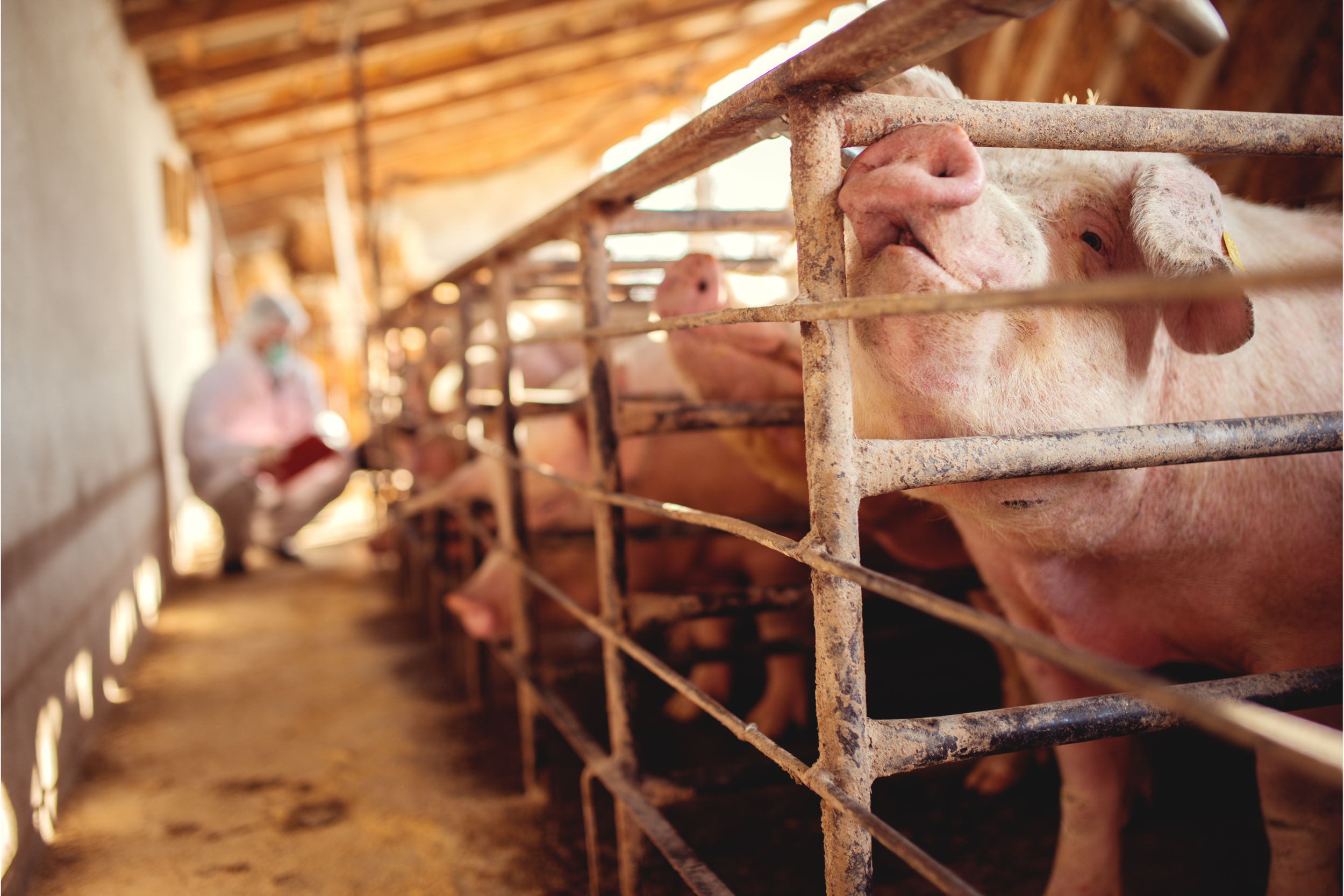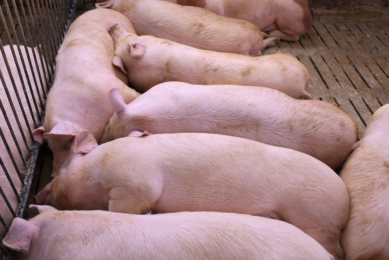Pork producers tackle Prop 12 and fire code at NPPC conference

Many issues were discussed recently at the NPPC (National Pork Producers Council) Fall Legislative Action Conference. However, the US Federal Agriculture Secretary Tom Vilsack and Senator John Boozman (Ranking Senate Agriculture Committee Member) mainly discussed California’s Proposition 12 with the 120 pork producers who attended the Conference.
Boozman told NPPC members that he remains optimistic about a Farm Bill passing this year (the federal agriculture spending bill). This year’s bill contains items that the NPPC has said would “fix” the many Prop 12 issues that are “plaguing producers and consumers.” NPPC has created a website to explain these issues, FixProp12.com.
Barn sprinkler fight
Meanwhile, the NPPC is leading a coalition of agricultural groups to appeal a recent fire code update decision by the National Fire Protection Association’s Standards Council that would require livestock barns to install sprinkler systems.
The NPPC states that if allowed to stand, this change means that “producers would begin to see state fire code changes after 2025 that require installation of fire sprinkler systems in new barns and those undergoing major retrofitting, such as conversions to meet California Proposition 12 standards.”
Preliminary estimates have shown sprinkler systems to run approximately $9-$15 USD per square foot, and also require a dedicated source of water that would enable water to flow until the arrival of fire crews. Sprinkler systems also require periodic inspections and significant maintenance, especially in an environment such as a livestock barn, which creates biosecurity concerns.
AMR and trade
Dr. Ashley Johnson, the NPPC’s Director of Food Policy, recently attended the World Antimicrobial Resistance (AMR) Congress. She “defended the pork industry’s judicious use of antimicrobials and continued to push back on initiatives that could negatively impact pork producers such as target reductions of antimicrobials.”
Johnson and NPPC Senior Director of International Technical Affairs Dr Trachelle Carr also recently met with the United Nations Codex Alimentarius Commission to discuss fair trading practices and ensure global food safety regulations are based on science.
US SHIP
NPPC’s Dr Anna Forseth, Director of Animal Health, participated in the fourth annual House of Delegates meeting of the US Swine Health Improvement Plan or US SHIP, a collaborative effort among the pork industry and state/local partners to establish a platform for safeguarding, improving and representing swine health.
Currently, the programme objectives focus on development of African Swine Fever (ASF) and Classical Swine Fever (CSF) certifications of US pork production operations. The certifications are designed to designate freedom from disease (outside of foreign animal disease control areas) and support for interstate commerce and resumption of international trade following an ASF or CSF outbreak.
Topics discussed at this year’s meeting included traceability, feed biosafety, biosecurity, feral swine mitigation, surveillance, elimination of Porcine Endemic Diarrhea, market haul sanitation and updates from the exhibition sector.











